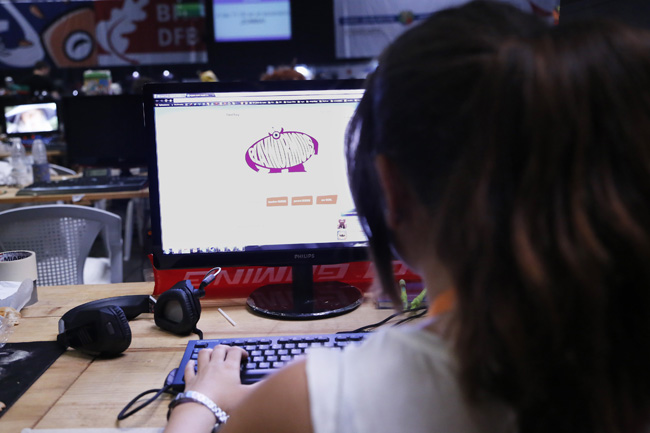Video games are good for our health

Playing video games can enhance cognitive abilities and reduce post traumatic stress. They can also be very helpful in areas such as medicine and education, helping to improve the mobility of stroke survivors, preventing bullying or helping children to face chemotherapy treatments.
Unai Díaz, doctor in Psychology and ID researcher in Nesplora, defended in Euskal Encounter the idea that, apart from the “serious games” specifically designed to help improve the player's health, traditional video games can also be beneficial. Against the commonly held opinion that links first person shooter and strategy games to violence, Unai Díaz states that “they are more useful to improve cognitive and planning abilities than to create violent people”.
The lecturer gave some video game examples, such as Tetris, that reduces post traumatic stress levels and the repetition of painful memories when distracting the player. Other adventure games help improve spatial capacities, while the military games optimise the gamer's organisational skills. It is even possible to get fit thanks to the consoles that recognise our body movements and offer the player the possibility of practicing sports.
Apart from the unexpected benefits entertainment video games bring us, the lecturer has also presented a list of serious games, also known as formative games, exclusively created to provide a service and improve the player's health. These games play a important social and formative role in areas such as medicine, education or mental health. There are those that teach children how to eat healthy, some others that recreate a hospital environment and train doctors in surgery; the ones that help children face a chemotherapy treatment, those preventing bullying, helping to cope with fear, anxiety and depression or others used to improve the mobility of stroke survivors using Kinect technology.

